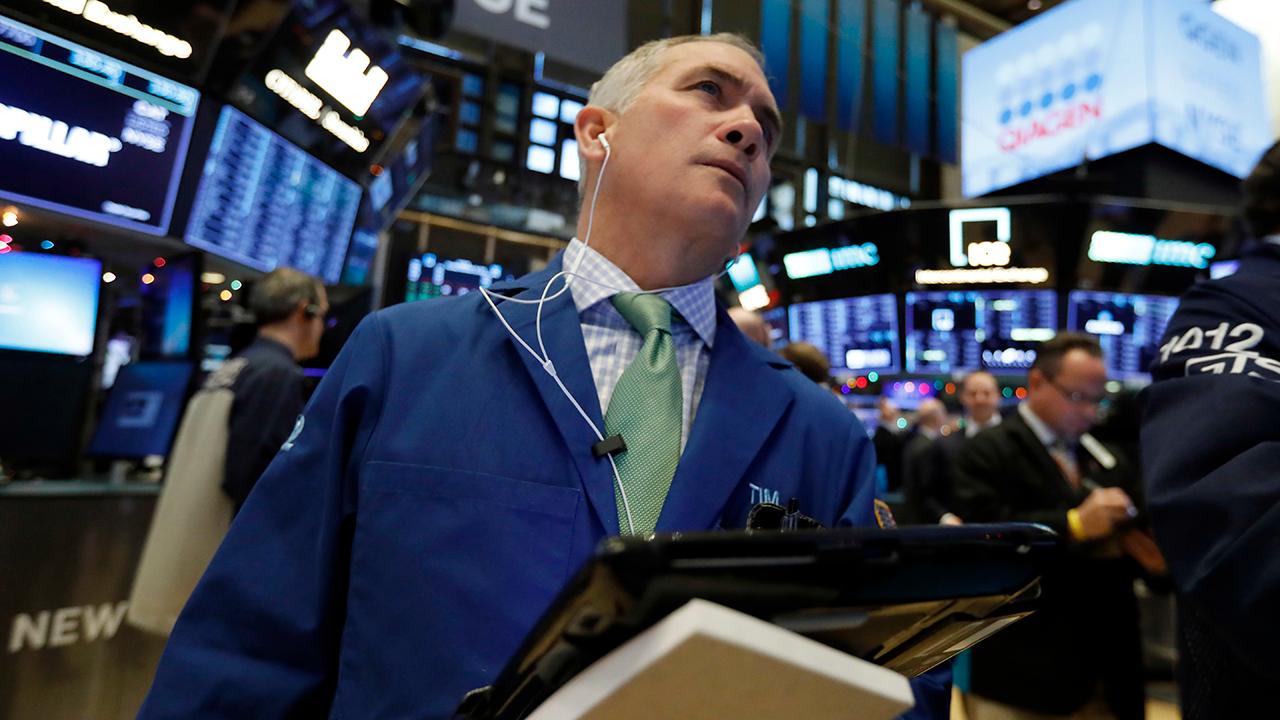The top 10 biggest risks facing the world in 2019
Despite chatter of an impending recession looming and nonstop political headwinds worldwide and other worrisome headlines, 2019 is poised to become a “reasonably good year,” according to global risk group Eurasia.
Every year, the consultancy group founded by Ian Bremmer releases its top predictions for potential risks in the year ahead and found that 2019 isn’t going to be that bad after all.
“More likely, and despite increasingly worrisome headlines, 2019 is poised to be a reasonably good year. Even, dare we say it, not a particularly politically risky year. But we’re setting ourselves up for trouble down the road. Big trouble. And that’s our top risk,” the group said in a statement.
But still, even with the optimism, Eurasia found some potential dangers for the world over the next 12 months.
CLICK HERE TO GET THE FOX BUSINESS APP
Here are its 10 top risks for 2019 and why they believe they could lead to problems globally.
1. Bad Seeds
“The geopolitical dangers taking shape around the world will bear fruit in the years to come.”
Eurasia says the current geopolitical dynamics from the EU, NATO, the G20, G7 and Russia to the WTO are trending negatively. “Every single one. And most in a way that hasn’t been in evidence since World War II. Indeed, the overwhelming majority of geopolitical developments that matter, the wide array of issues that we follow at Eurasia Group — more than 90% of them — are now headed in the wrong direction.”
2. U.S.-China
“The truce that Trump and Xi struck at the G20 meeting in Buenos Aires last month put a temporary halt to the path of tariff escalation the US and China had embarked on. Yet we remain concerned about the world’s most important bilateral relationship. We’re not confident
the trade and economic disagreements will be resolved anytime soon. And something more fundamental has broken in the relationship between Washington and Beijing that can’t be put back together, regardless of what happens to their economic ties.”
3. Cyber Gloves Off
“This year marks a decade since the US and Israel destroyed portions of Iran’s covert nuclear weapons program using a computer worm known as Stuxnet, ushering in the modern era of cyber conflict. Ten years on, hackers have grown more sophisticated, societies have become heavily dependent on digital services, and efforts to agree on basic rules of the road for cyber conflict have gone nowhere. It’s a mess.”
4. European Populism
“When Macron beat Marine Le Pen in France’s 2017 presidential election, some argued that the populist tide that had swept Europe since the onset of the Greek debt crisis in 2009 could be receding. We were skeptical of that interpretation, and 2019 will show that populists and protest movements are stronger than ever.”
5. The U.S. at home
“This will be a chaotic year for US domestic politics. While the odds of Trump being impeached and removed from office remain low, political volatility will be exceptionally high.”
6. Innovation’s Winter
“A ‘global tech cold war’ was Top Risk #3 last year. Over the course of 2018, technology competition grew extremely political. This is the year investors and markets will start paying the price. We’re heading for a global innovation winter — a politically driven reduction in the financial and human capital available to drive the next generation of emerging technologies. The shortfall will have important consequences.”
7. Coalition of the Unwilling
“The US once led a Washington consensus, a collection of countries committed to a US-led global order and the institutions it was built upon. This order has been eroding for a couple of decades now, a trend that became more obvious with the 2016 election of Trump,
whose ‘America First’ campaign message proclaimed his view that the US should no longer play a leadership role. Many of Trump’s critics call this strategy “America Alone.”
8. Mexico
“Domestic risk factors loom large. The country’s new president, Andres Manuel Lopez Obrador, begins his term with a degree of power and control over the political system not seen in Mexico since the early 1990s. His Morena party has comfortable majorities in both houses of congress, and together with allies, it could reform the constitution at will.”
9. Ukraine
“Contrary to common perception, Putin isn’t always on the lookout for the next country to invade, and he isn’t aiming to start a new war in 2019. But then there’s Ukraine. November’s clash in the Kerch Strait was a taste of coming tensions. Putin continues to see Ukraine as vital to Russia’s sphere of influence. Their shared historic, political, and cultural links have undergirded Russia’s actions since long before the 2013-2014 Maidan revolution. Putin believes that Russia should have a decisive say in Ukraine’s future.”
10. Nigeria
“The country faces its most fiercely contested election since the transition to democracy in 1999. One candidate is the incumbent, Muhammadu Buhari. He is an elderly, infirm leader who lacks the energy, creativity, or political savvy to move the needle on Nigeria’s most intractable problems. His opponent is Atiku Abubakar, another gerontocrat who would focus on enriching himself and his cronies, avoiding the difficult and politically unpopular tasks necessary for reform.”




















